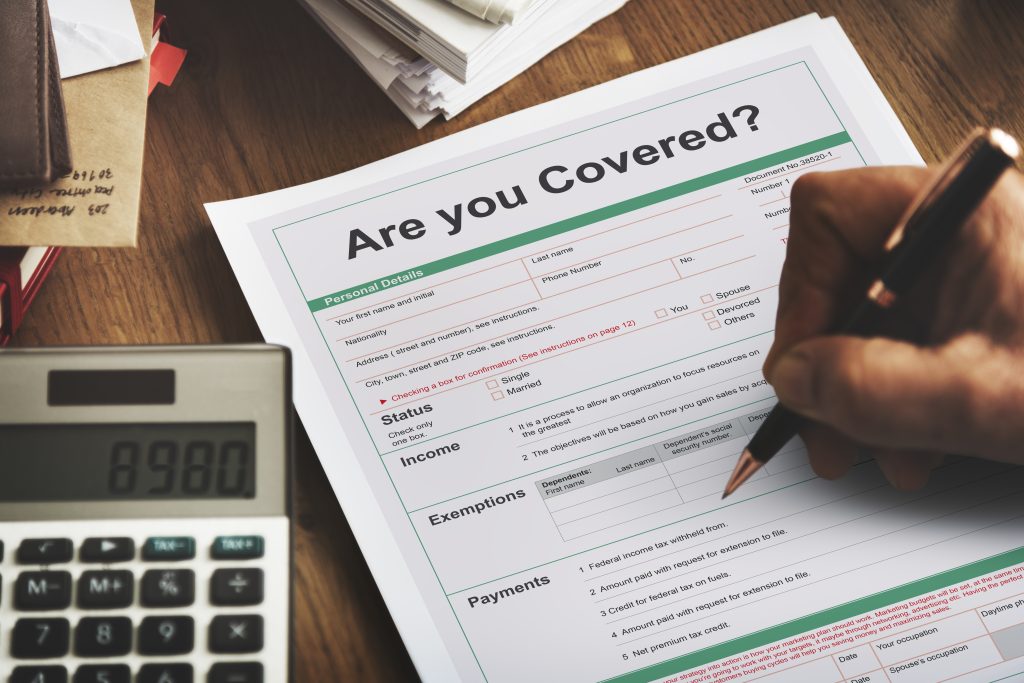Life Insurance vs. Income Protection
Have you been wondering what type of insurance would be best for you, between life insurance and income protection insurance? It is essential you understand what life insurance and income protection are to make the right choice or decision.
You don’t have to wait for emergencies or an unwanted incident to happen before considering an insurance option. You can plan how to cater to your and your loved ones’ needs before unforeseen circumstances arise. Our accident and injury insurance claim lawyers will guide you through the nuances and help you understand the distinct benefits of life insurance and income protection insurance. With their extensive knowledge and experience, we can provide practical guidance and assistance in making the right insurance choice. Additionally, we can help you win insurance benefits for accidents, illness, injury, and temporary and permanent disability.

Understanding Life Insurance and Income Protection Insurance
Life Insurance
Life insurance pays a lump sum to your nominated beneficiaries (your partner or family members) if you become terminally ill or pass away. It helps to offer a financial safety net for your loved ones when you are diagnosed with a terminal illness or in cases of death.
Consider life insurance if you are the sole income provider for your family. You will be required to pay a regular premium to maintain it once you take out your cover, and if your family needs to make a claim, a lump sum benefit will be paid out to them.
You may also need to evaluate and decide on how much life insurance you need. Determining how much cover of life insurance a person requires varies depending on certain factors. You may consider your future expenses, such as mortgage repayments, living expenses, school fees, childcare costs, and current debts. You can also approach it from the aspect of how much you can afford to pay for cover monthly, while considering your current expenses.
When you take out life insurance, you enter a contract with an insurer whereby you agree to pay the policy premiums regularly. The insurer also agrees to pay a lump sum to your family members after your demise or if you become terminally ill.
Types of life insurance you may take include:
- Total and permanent disability insurance.
- Trauma insurance.
- Term life insurance or death cover.
Income Protection Insurance
Income protection insurance is a policy that helps ease your financial burden if you experience an unexpected loss of income due to injury or illness. It covers up to 75% of your income, calculated based on your 12 months’ income. You will be paid the benefit payment regularly until you no longer meet the eligibility criteria, you are able to return to work, or until the end of your policy term, as stated in your Product Disclosure Statement (PDS).
An income protection policy can help you manage your ongoing expenses during recovery from an illness or healing from an injury. This insurance type will benefit you if you rely solely on your income to cater to your needs and those of your family members. You can also choose income protection insurance if you lack significant sick, savings, or annual leave or are self-employed.
Some benefits you may enjoy from income protection insurance, depending on the policy you take, include retraining benefits, surgery benefits, accommodation, and transportation assistance.
Differences Between Life Insurance and Income Protection Insurance
Life insurance policy differs from income protection insurance in the following ways:
- Method of Payment: While life insurance benefit is paid in one lump sum to your partner or family members, income protection insurance is paid in monthly instalments, similar to your income.
- Payment Period: Life insurance can only give a lump sum to your family members after your death or if you become terminally ill. However, income protection pays you if you become injured or sick and unable to work.
- Amount of Payment: For life insurance, you determine or choose the lump sum to be paid when you purchase a policy. In contrast, income protection insurance pays you up to 75% of your monthly income.
- Payment Coverage: While life insurance can pay for your mortgage, debts, living expenses of your family members, and much more, income protection insurance covers your daily expenses and bills, just like your income does.





